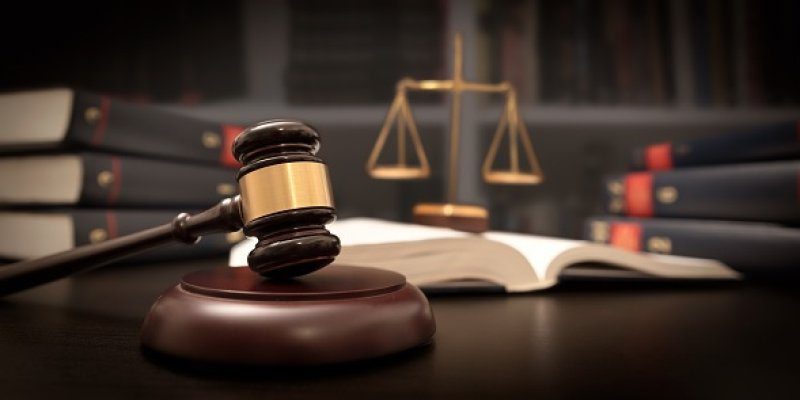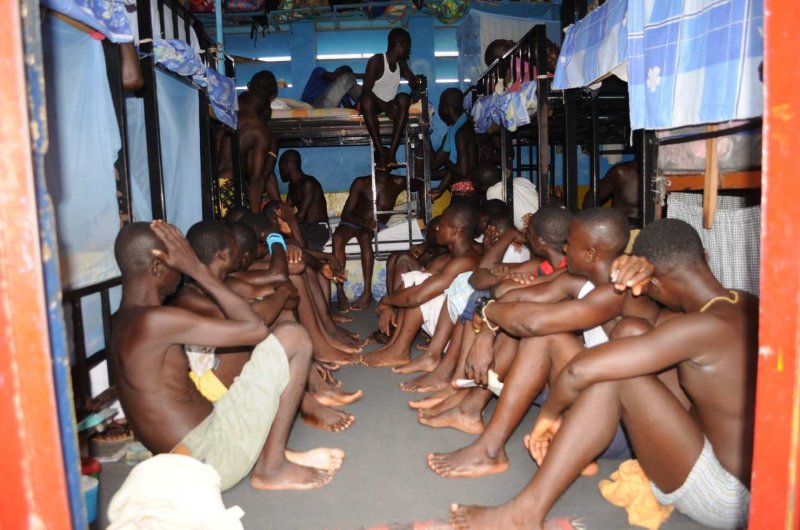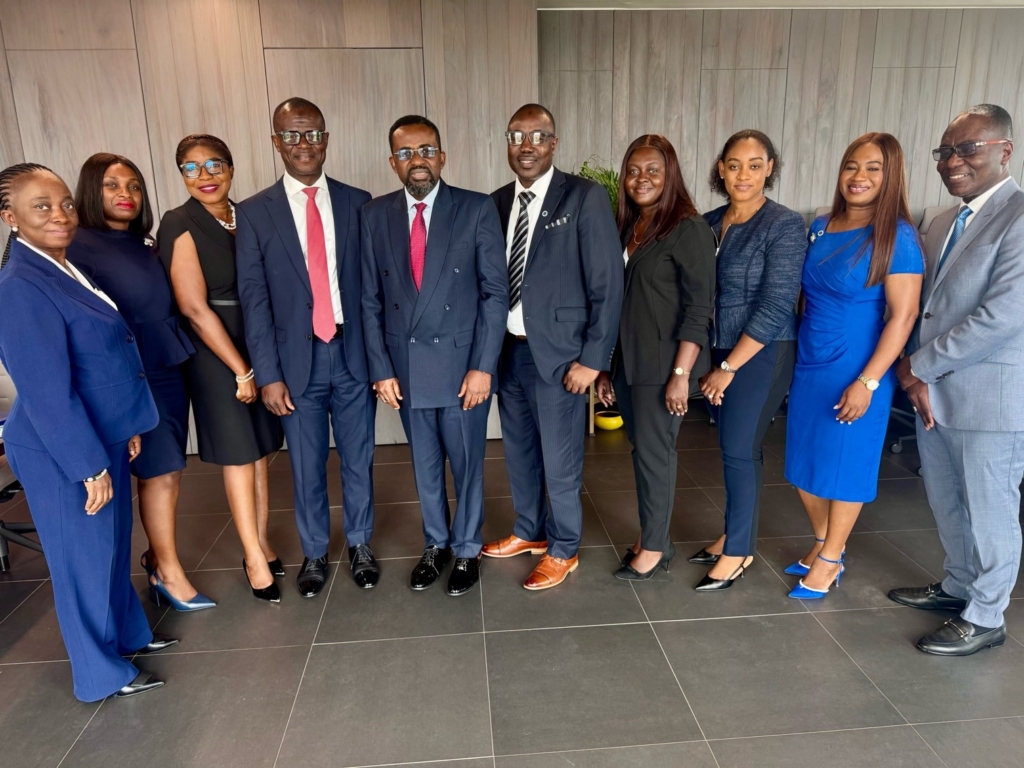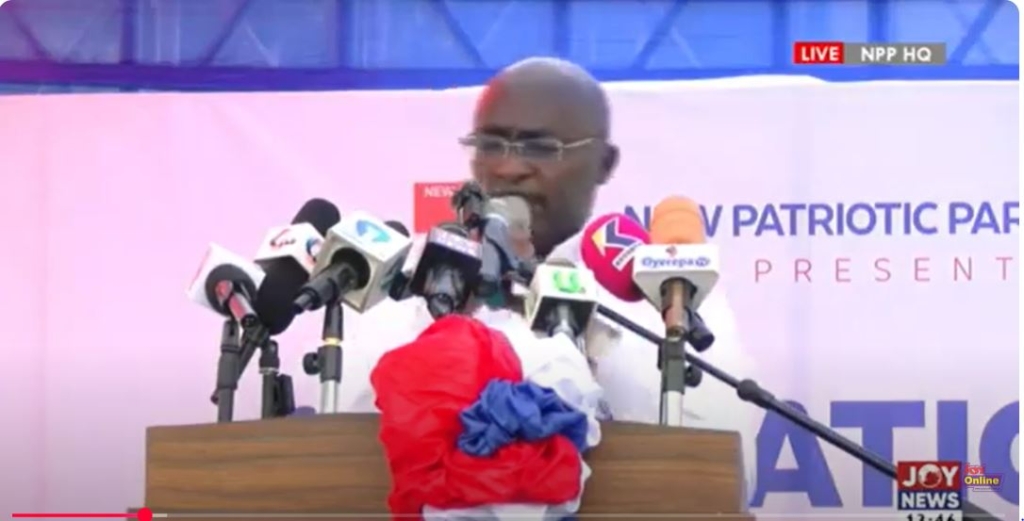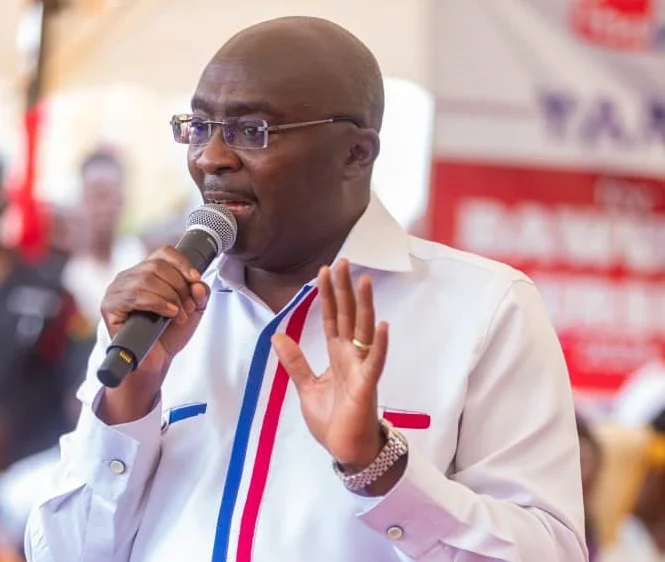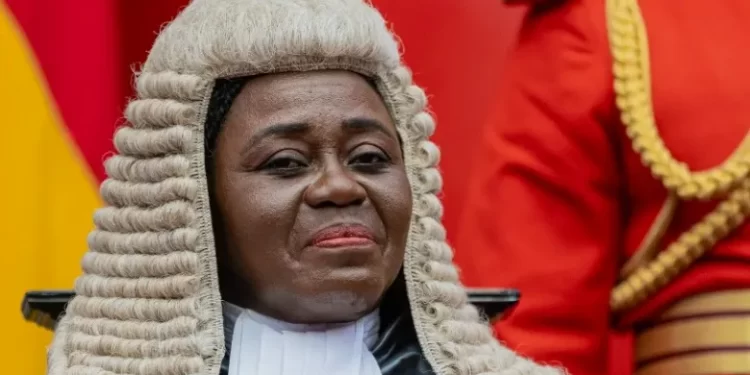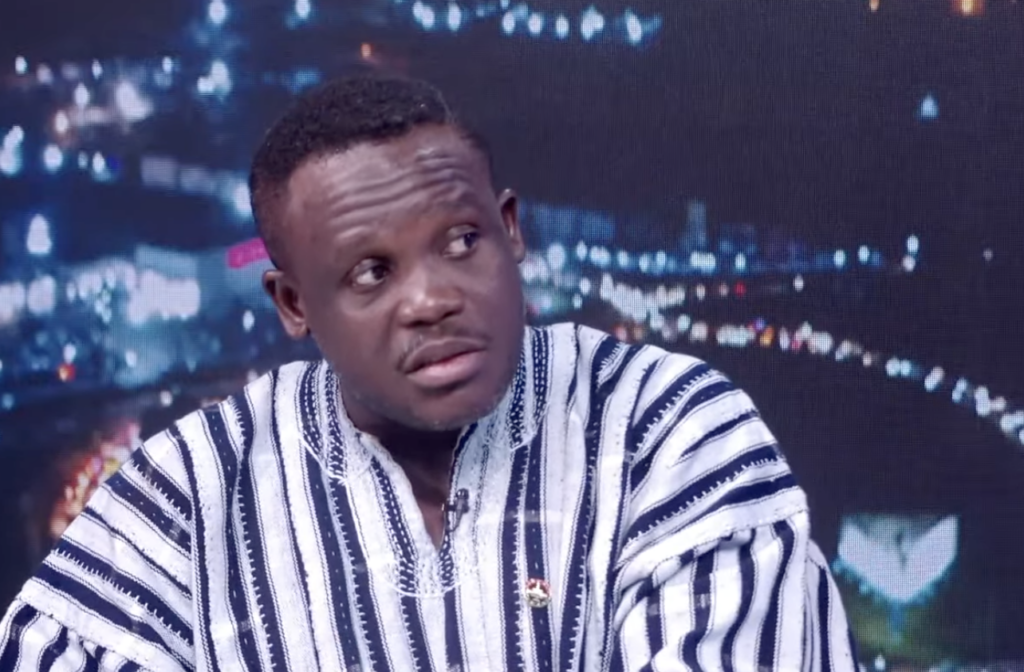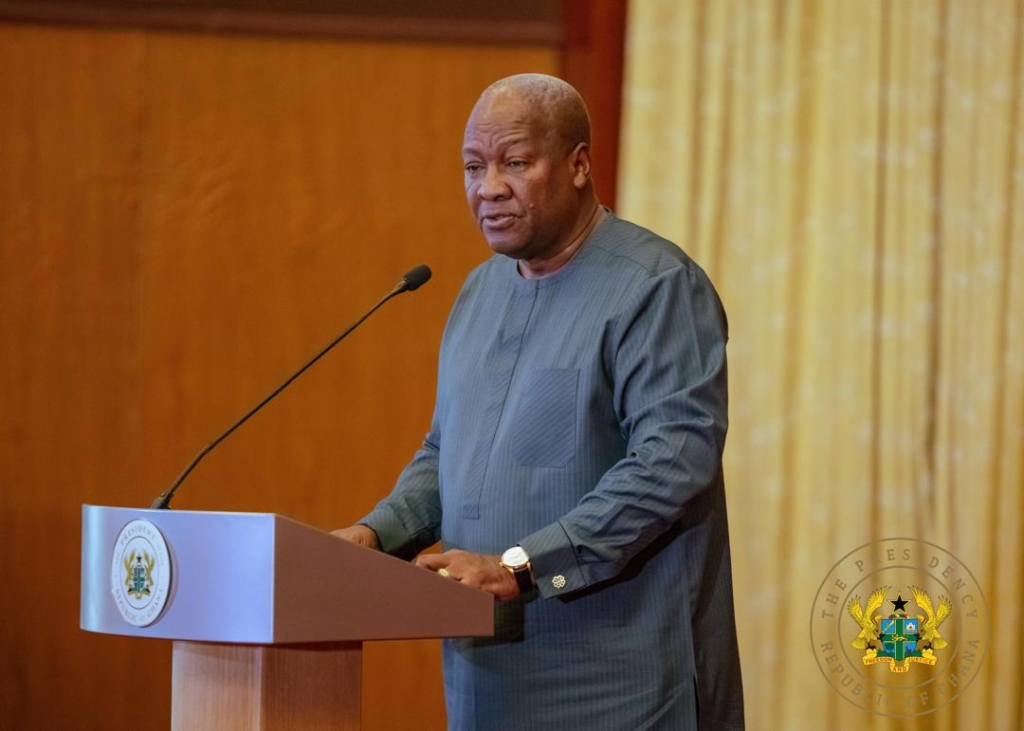Deputy Interior Minister Ebenezer Terlarbi has warned that Ghana risks once again losing the battle against illegal mining, aka galamsey, if pragmatic and innovative steps are not taken, especially in dealing with foreign nationals involved in the menace.
Speaking on Joy FM’s PM Express on Tuesday, April 8, he defended the Interior Ministry’s recent directive to the Inspector General of Police to immediately transfer all regional, divisional, and district commanders in mining zones, saying the decision was necessary but must be paired with broader reforms to succeed.
“In fact, if we don’t take care, we are going to lose this fight again,” he said in a frank assessment of the government’s own approach.
“The situation on hand—we cannot do things the same way and think we’ll have different results. We need to be a little innovative.”
The new directive, issued by Interior Minister Muntaka Mubarak, has attracted both support and criticism.
It also includes a controversial decision to deport foreign nationals caught engaging in illegal mining, rather than prosecuting them in Ghana’s courts.
Mr. Terlarbi acknowledged the policy has sparked debate but insisted it stems from practical constraints.
“We know when it comes to litigation in this country, dealing with our courts, it can sometimes be very frustrating,” he said.
“We have instances where people are arrested, and we prefer repatriating them rather than taking them through our courts.”
He painted a complex picture of foreign involvement in galamsey, explaining that arrested foreigners often complicate the legal process.
“They tell you ‘Take me to court.’ They have lawyers, which is their right. But then they also claim they don’t have passports, and their identities become difficult to establish. Once they get into the system, it’s difficult to track them.”
Pressed on whether such reasoning amounted to double standards—Ghanaians facing court proceedings while foreigners are simply deported—Mr. Terlarbi admitted the optics could be troubling, but said the logistical realities must be understood.
“You arrest about 80 Chinese nationals, and you have to find a place to keep them. Even vehicles to take them to court become a problem,” he said.
“You go to court, and they succeed in getting bail. Then what? Where do you house them? We’re talking about 1,400 inmates already in our prisons, and even feeding them is a problem.”
While he stopped short of giving full details, Mr. Terlarbi hinted that more is happening behind the scenes than the public knows.
“There are a few things I wouldn’t like to disclose on air or in public,” he said. “But there’s so much going on.”
The Deputy Minister’s remarks reflect growing concern within government ranks that the fight against illegal mining, long plagued by corruption, lack of political will, and weak enforcement, may again falter if clear systems of accountability and sustainable enforcement are not put in place.
DISCLAIMER: The Views, Comments, Opinions, Contributions and Statements made by Readers and Contributors on this platform do not necessarily represent the views or policy of Multimedia Group Limited.

